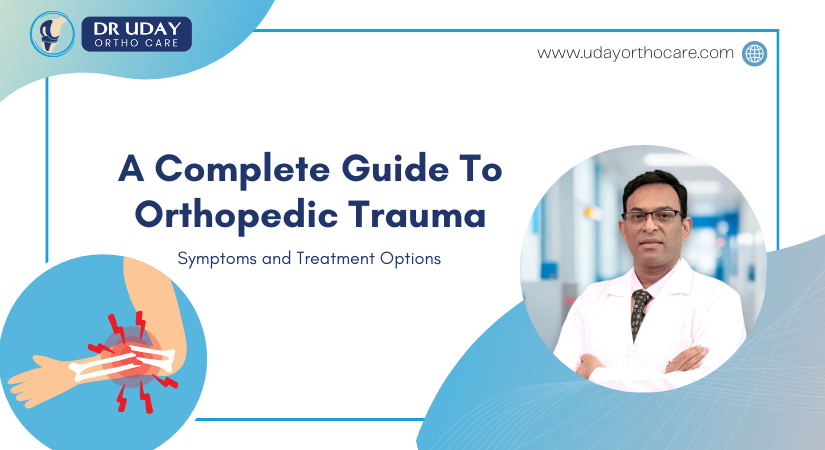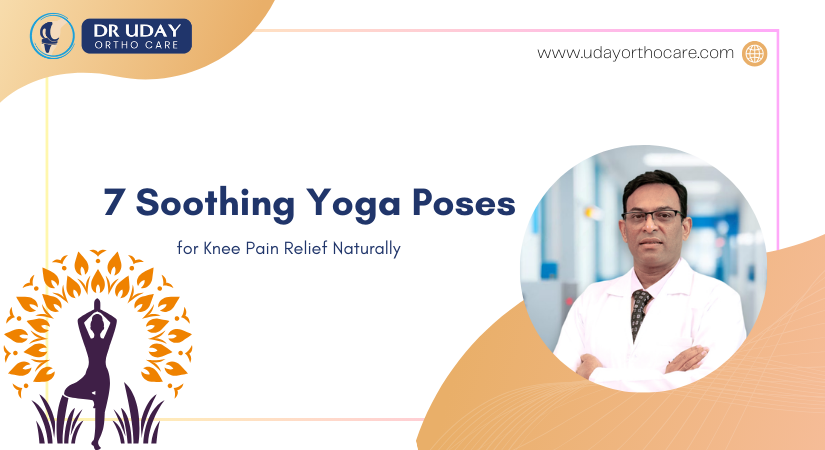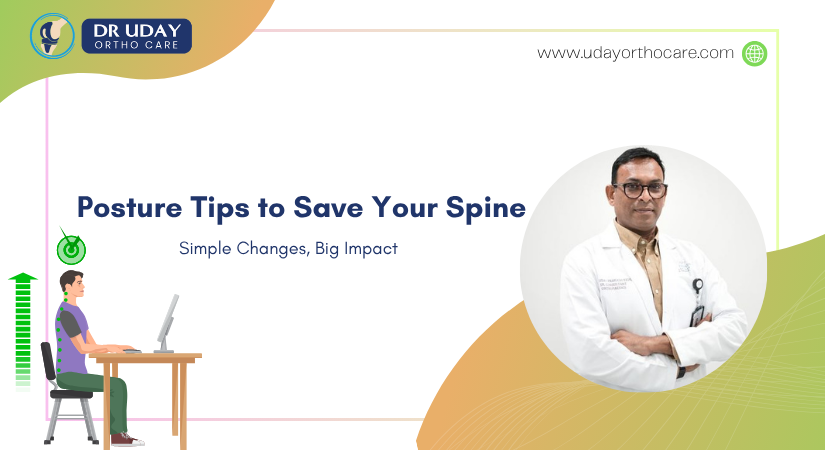Frozen Shoulder: Symptoms, Causes, and Effective Treatment Options

Adhesive capsulitis known as frozen shoulder frequently affects patients. It appears slowly while causing obstacles with routine activities. The common frozen shoulder symptoms involve constant stiffness, limited movement, and pain. People between the 40 to 60 age group, particularly females, have the highest risk of developing frozen shoulders.
Although the causes are not clear, healthcare professionals commonly link this condition to injury-related loss of mobility and postoperative immobility. Identifying symptoms at an early stage and getting the correct treatment help avoid complications while shortening healing time.
The Potential Symptoms of Frozen Shoulder
The primary indications of a frozen shoulder are continuous pain and loss of movement flexibility. Frozen shoulder progresses through three notable stages. They are:
1. Freezing Stage (Painful):
- Gradual pain that get severe over time.
- Shoulder movement becomes increasingly restricted.
- Pain is more severe at night, disrupting sleep.
2. Frozen Stage (Stiffness):
- The amount of pain decreases yet stiffness increases.
- Difficulty in performing basic daily activities like getting dressed or combing hair.
- Shoulder movement is highly restricted.
3. Thawing Stage (Recovery):
- Gradual improvement in mobility.
- Stiffness decreases over time.
- Complete healing can take several months or even years.
Causes and Risk Factors
Frozen shoulder symptoms remains unidentified yet multiple factors elevate its risk. They are:
- Injury or Surgery
Stiffness and inflammation arise from prolonged immobilization following injuries, surgeries, or fractures.
- Diabetes
Patients who have diabetes face increased chances of developing frozen shoulders since the disease affects their connective tissue.
- Thyroid Disorders
The frozen shoulder symptoms may develop due to hypothyroidism or hyperthyroidism.
- Cardiovascular Disease
Patients who have poor heart conditions and blood circulation tend to experience joint stiffness.
- Prolonged Immobility
When patients remain inactive for lengthy periods such as using a sling for treatment following an injury, their risk of developing a frozen shoulder becomes higher.
How is Frozen Shoulder Diagnosed?
A professional medical diagnosis of a frozen shoulder will depend on these factors:
- Medical History
The professional will try to gain knowledge regarding the patient’s symptoms and underlying health conditions.
- Physical Examination
Checking the range of motion and pain levels.
- Imaging Tests
Tissue imaging methods including X-rays, MRI, and ultrasound tests are sometimes performed to know whether the frozen shoulder is due to arthritis and rotator cuff injuries.
What Treatment is Best for a Frozen Shoulder?
To stop long-term stiffness from developing it is essential to start treatment early. Treatment options include:
1. Physical Therapy
Regular physical therapy is the most effective way to recover mobility. Through therapeutic guidance, therapists allow patients to do stretching and strengthening exercises to recover their shoulder movement.
2. Pain Management
- OTC medications like acetaminophen and ibuprofen may help to relieve pain and discomfort.
- The doctors often recommend corticosteroid injections to treat patients who experience severe pain and inflammation.
3. Hydrodilatation
Healthcare providers use sterile fluid in a shoulder joint injection to stretch the capsules, generating better mobility during cases that don’t respond to standard treatments.
4. Surgical Options
The following medical interventions become evident when non-surgical approaches prove ineffective in treating the condition:
- Shoulder Manipulation
Medical staff move the shoulder through anesthesia to divide adhesive tissue in the joint.
- Arthroscopic Surgery
Small surgical cuts allow doctors to eliminate scar tissue and stretch the joint capsule.
Seeking Expert Treatment in Hyderabad
People who have ongoing frozen shoulder symptoms, need to seek help from specialists. If you are in Hyderabad, you should contact the best orthopedic surgeon in Hyderabad, Dr. T. Uday Prakash Reddy. The famous doctor has extensive knowledge in treating shoulder conditions through specialized treatment methods for individual patients.
How To Prevent Frozen Shoulder?
The prevention of frozen shoulder remains impossible in some cases yet certain steps help lower the chances of developing this condition:
· Stay Active
Moving and stretching the shoulder regularly help maintain flexibility.
· Post-Injury Rehabilitation
After injuries and surgical procedures, patients should follow the prescribed exercises to minimize stiffness.
· Manage Underlying Conditions
Proper control of diabetes, thyroid disorders, and cardiovascular diseases helps reduce risk factors.
Conclusion
Patients who receive proper treatment for frozen shoulder symptoms at the early stages often recover from limited function and discomfort quickly. You should get professional help quickly if either you or someone close to you is experiencing these symptoms. Dr. T. Uday Prakash Reddy with his expertise allows clients to restore their mobility while enhancing their quality of life.






